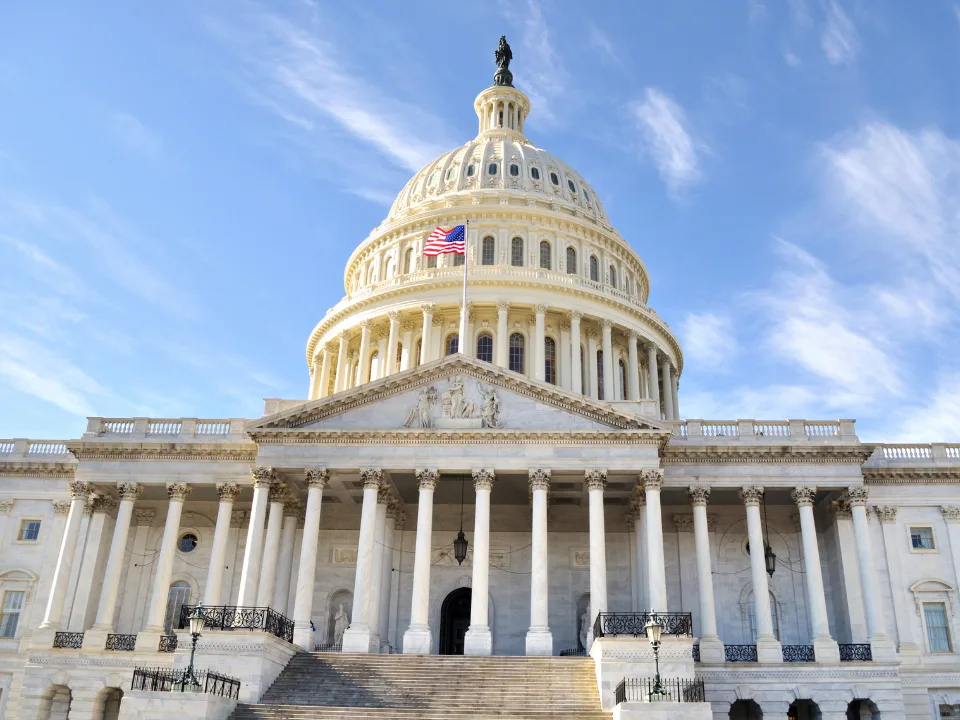- Jamie Dimon wants to eliminate the carried interest tax break, saying the revenue could support families and communities.
- Former President Trump renewed efforts to close the loophole earlier this year, claiming it’s key to fair tax reform.
- Commercial real estate and private equity could face higher taxes, lower returns, and fewer long-term projects.
- A USC study predicts job losses and reduced investment if Congress changes the tax treatment.
A Rare Alliance
According to GlobeSt, Jamie Dimon and Donald Trump have found common ground. In a CNBC interview, Dimon said, “We absolutely should be taxing carried interest.” He believes the $60B in extra revenue could help double tax credits for low-income families.
Trump surprised many in February by telling Republican lawmakers he wants to close the loophole. He first targeted the tax break during his presidency in 2017. That law extended the required holding period for favorable tax treatment from one to three years but didn’t eliminate it.
Why It Matters for CRE
Carried interest allows fund managers to pay capital gains tax on part of their income instead of the higher income tax rate. This structure heavily benefits commercial real estate and private equity managers. Removing the break could reduce investor returns and discourage longer-term deals.
Get Smarter about what matters in CRE
Stay ahead of trends in commercial real estate with CRE Daily – the free newsletter delivering everything you need to start your day in just 5-minutes
Real-World Consequences
USC professor Charles Swenson released a study in May warning of economic fallout. Taxing carried interest as ordinary income could shrink private equity by nearly 4% and venture capital by almost 3%. The report also projected as many as 1.23M job losses and up to $12.8B in lost federal revenue per year within a decade.
Congress Remains Divided
The House has kept the loophole intact, but the Senate may reconsider. Mark Luscombe of Wolters Kluwer noted the Senate could revisit the issue during budget talks. Still, he said Trump might not push hard for it this time, creating uncertainty about the outcome.
What’s Next
The commercial real estate industry is watching closely. A change to carried interest rules could shift how fund managers invest, structure deals, and raise capital. The outcome could reshape the landscape for years to come.


















